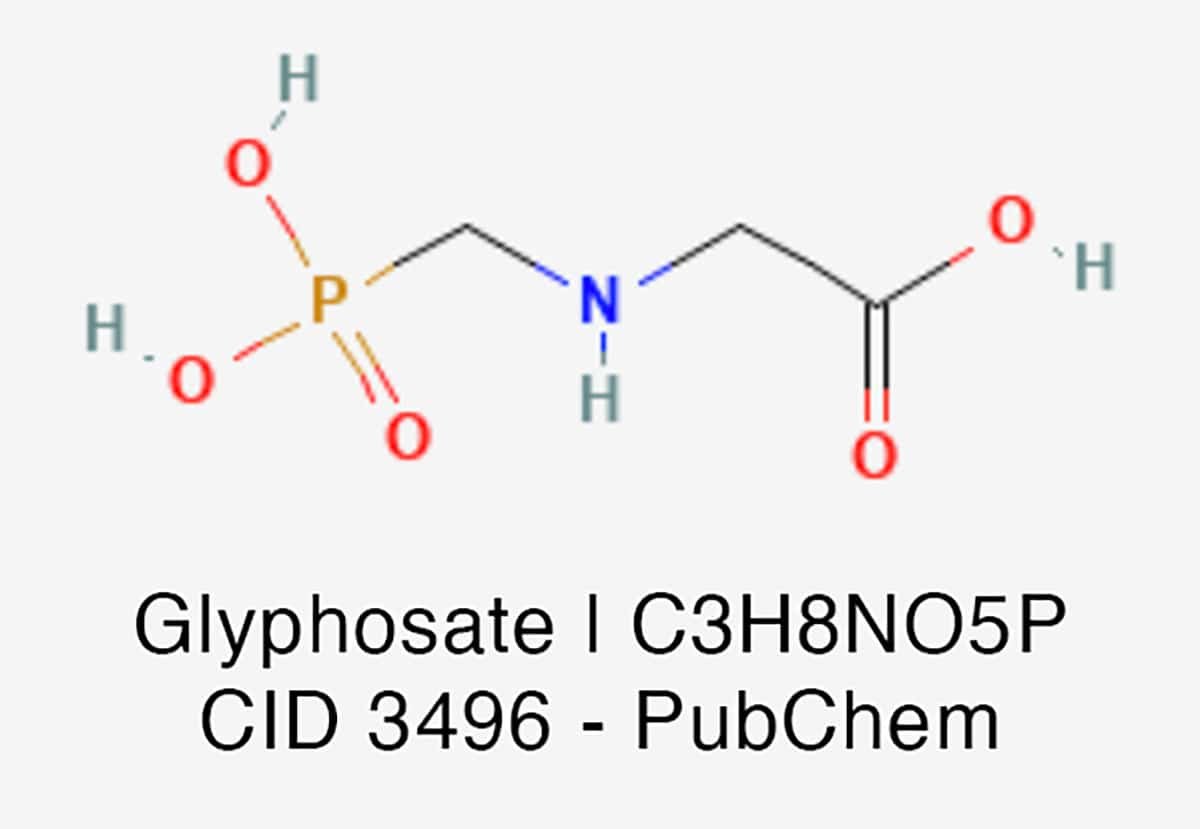Glyphosate and The Hormone Regulation Mystery
Glyphosate and The Hormone Regulation Mystery
Last year, I and several of my colleagues began noticing that our egg productionn standards had begun to drop precipitously. We began to suspect that it may have something to do with feed tainted with Glyphosate-Resistant grains. We began to explore Glyphosate and the hormone regulation mystery.
This blogpost contains data and discussion of Genetically Modified Organisms and Genetically Engineered Grains.
The Science and the Doubts
Causation does not imply correlation. This is true. There is a lot of research on the efficacy and safety of GMOs. But there is NOT a lot of solid research on the effects of Genetically Modified Glyphosate-Resistant Feed Corn and Wheat products on animals and livestock.
Given glyphosate can kill commensal members of the microbiome like Lactobacillus spp., Ruminococaeae and Butyricoccus spp., resulting in reductions in key microbial metabolites that act through the gut-brain-microbiome axis including indoles, L-glutamate and SCFAs.
NIH Research
What I and my colleagues - across the United States - were noticing was that our egg production rates were plummeting for some unexplained reason. It was anecdotal, sure, but we realized quickly that all of us were using feed grain from big box farm supply stores. But those of us using special grains or their own feed were not experiencing egg production issues.
The Shikimate Pathway and Soil Modifications
The herbicide glyphosate inhibits the shikimate pathway of the synthesis of amino acids such as phenylalanine, tyrosine, and tryptophan. Unsurprisingly, you'll find all three of these key amino acids are requirements for both hormone regulation and calcium synthesis for eggshell production.
What is missing is a complete understanding of how this process plays out in Genetically Modified Crops. Yes, there are some crops that allow them to escape the impacts of the shikimate pathway. But it is not the most efficient pathway.
The most common way that Glyphosate Resistance is engineered into crops is through engineered alternative pathways in soy, corn, wheat, and cotton that protects the plant from disruptions in the shikimate pathway. This genetically engineered crop has the benefit of making the plant Glyphosate Resistant. In doing this though it has dire impacts on the ability for a key bacteria to survive intact.
This bacteria is none other than Lactobacillus Acidophilus and related species. This particular bacteria plays a VERY important role in the mammalian and avian biome. It is absolutely vital to proper digestion, immunity, and hormonal regulation.
Glyphosate Is Everywhere
It [Glyphosate] exacerbates the issue we are addressing here; The impact on the egg cycle of My poultry livestock by genetically engineered grains.
Jim Bruner
Now you know that one of the integrated pathways of a plant to become immune to Glyphosate's destruction was to engineer a new biological catastrophe. This is to cause a major disruption in a very beneficial and universally common bacteria, you and all vertebrates use to digest food. This is sadly the truth.
No matter where we turn, we cannot avoid Glyphosate and its extended and integrated impacts. It is a scourge to people with Glyphosate sensitivity. Genetically Engineered Glyphosate crops and their soil additives are creating the unintended consequence of Glyphosate-resistant weeds.
These "super weeds" are a bigger problem, because to combat them, agriculture needs to use even more Glyphosate to accommodate. It exacerbates the issue we are addressing here; The impact on the egg cycle of My poultry livestock by genetically engineered grains.




